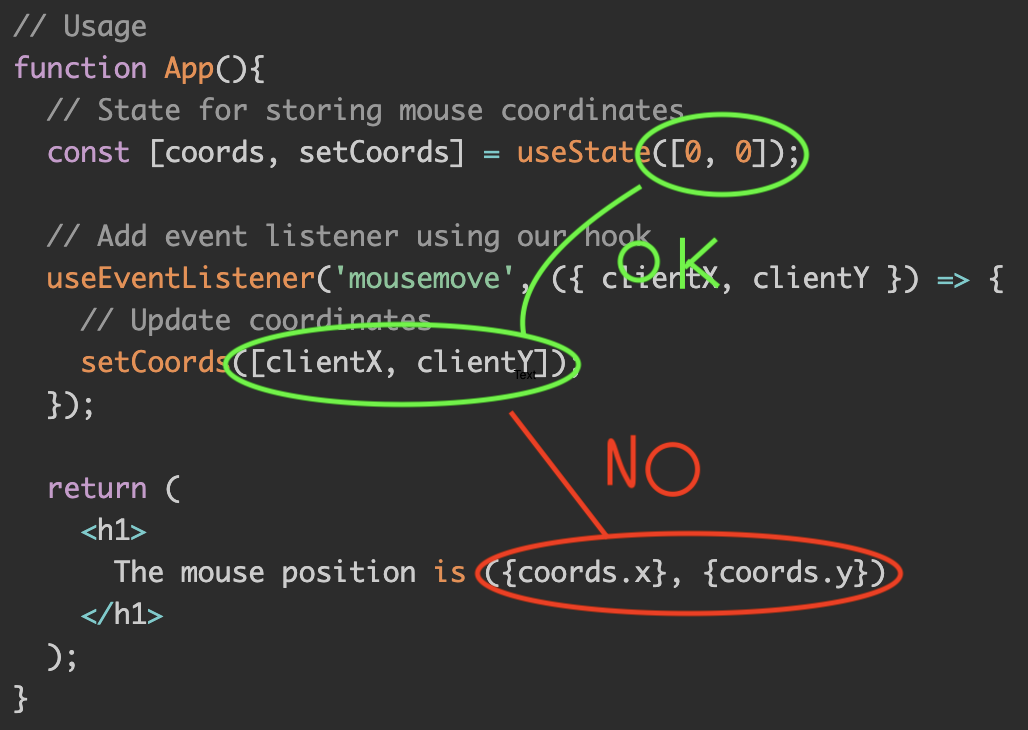Here is a custom hook I extracted recently from a project. It basically allows the user to use a selector query to grab a number of DOM nodes, and then move through them one by one by clicking buttons.
const useAutoScroll = (node, selector) => {
const [position, setPosition] = useState(0);
const [target, setTarget] = useState(null);
const steps = useRef([
{
scrollIntoView: () => {
window.scrollTo({ top: 0, behavior: "smooth" });
}
}
]);
// grabs the DOM nodes that are targeted by the selector, and saves them to the steps ref
useEffect(
function grabJumpPoints() {
if (node) {
const cards = node.querySelectorAll(selector);
steps.current.splice(1, steps.current.length - 1);
cards.forEach(card => {
steps.current.push(card);
});
}
},
[node]
);
// tracks updates to target, and scrolls the screen to them when target updates
useEffect(
function scrollToTarget() {
if (steps.current && typeof target === "number") {
const current = steps.current[target];
current.scrollIntoView({ behavior: "smooth", block: "start" });
}
},
[target]
);
// updates the current position as the user scrolls (or from programatic scrolling)
const updateScroll = () => {
if (node && position !== undefined) {
const scrollDistance = window.scrollY || 0;
let newPoint = 0;
steps.current.forEach((point, index) => {
// subtract 10 to give some leeway if autoscroll stops a few pixels short
if (scrollDistance > point.offsetTop - 10) {
newPoint = index;
}
});
setPosition(newPoint);
}
};
// initialize scroll behavior with event listener
useEffect(
() => {
document.addEventListener("scroll", updateScroll);
// return cleanup behavior
return () => window.removeEventListener("scroll", updateScroll);
},
[node, steps]
);
// function exposed to consuming component
const scrollNext = () => {
const nextPoint = (position + 1) % steps.current.length;
setTarget(nextPoint);
};
// function exposed to consuming component
const scrollBack = () => {
const candidate = position - 1;
const prevPoint =
candidate >= 0 ? candidate : steps.current.length + candidate;
setTarget(prevPoint);
};
return { scrollNext, scrollBack, position };
};



